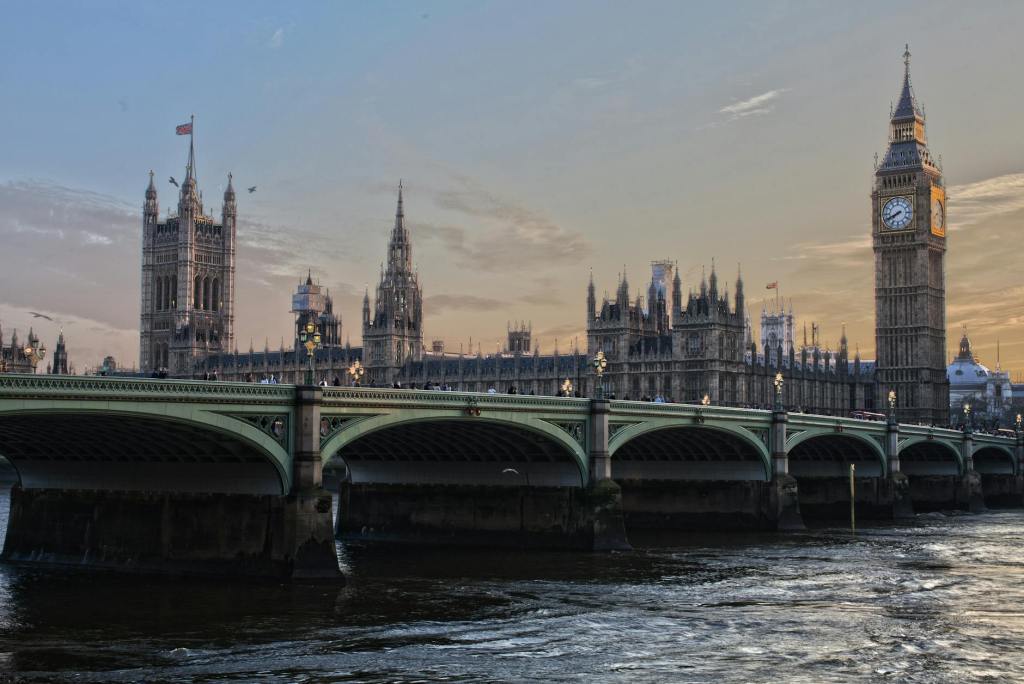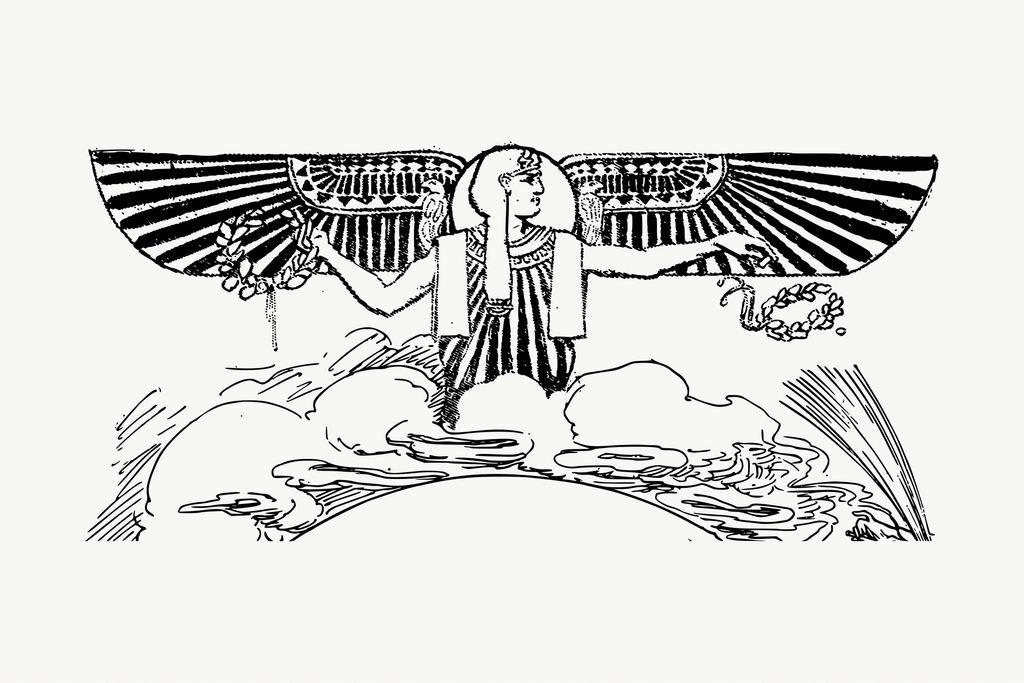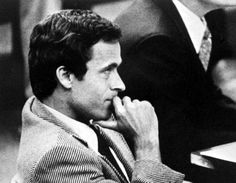- Early Life And Background
- Rise To Power
- Thatcherism: Ideology And Policies
- Controversies And Criticisms
- Personal Life And Later Years
Early Life And Background
Margaret Thatcher, born Margaret Hilda Roberts on October 13, 1925, in Grantham, Lincolnshire, England, had a modest upbringing. Her father, Alfred Roberts, was a grocer and Methodist lay preacher, while her mother, Beatrice Ethel, was a homemaker. Margaret was the younger of two daughters. Growing up in Grantham, Thatcher attended local schools and showed early academic promise.
Her upbringing instilled a strong work ethic, self-reliance, and a sense of thriftiness. Her father, a local politician and alderman, influenced her conservative political views. Thatcher excelled academically, winning a scholarship to study chemistry at Somerville College, Oxford. At Oxford, she became involved in student politics and served as the Oxford University Conservative Association president.
After completing her degree, Thatcher worked briefly as a research chemist before studying law and qualifying as a barrister. She married Denis Thatcher, a businessman, in 1951, and the couple had twins, Mark and Carol, in 1953.
Thatcher’s early life and background provided a foundation for her later political career, shaping her beliefs in free-market economics, individual responsibility, and a strong, assertive foreign policy stance. These values would define her leadership as Prime Minister of the United Kingdom from 1979 to 1990.
Rise To Power
Margaret Thatcher’s rise to power was a combination of factors, including her own abilities, political circumstances, and timing. Here’s an overview of how she ascended to become the Prime Minister of the United Kingdom:
Political Career Beginnings: Thatcher’s political career began in the late 1940s and early 1950s when she became involved in local politics in her hometown of Grantham. She was elected as a Member of Parliament (MP) for Finchley in 1959, representing the Conservative Party.
Cabinet Appointments: Thatcher steadily rose through the ranks of the Conservative Party, holding various government positions under Prime Ministers Edward Heath and Harold Macmillan. She served as Secretary of State for Education and Science from 1970 to 1974, during which she gained prominence for her efforts to reform education.
Conservative Party Leadership: Following the Conservative Party’s defeat in the 1974 general election, Thatcher became increasingly critical of the party’s direction under Edward Heath’s leadership. In 1975, she challenged Heath for the party leadership and won, becoming the first woman to lead a major British political party.
Opposition Leader: As Leader of the Opposition, Thatcher worked to reshape the Conservative Party’s policies, advocating for free-market principles, deregulation, and a tougher stance against trade unions. Her leadership style and ideological clarity appealed to many within the party and the broader electorate.
1979 General Election Victory: In the 1979 general election, Thatcher led the Conservative Party to victory, defeating the Labour Party led by James Callaghan. This victory made her the first female Prime Minister of the United Kingdom.
Thatcher’s rise to power was characterised by her strong leadership, conviction, and willingness to challenge conventional wisdom within her own party. Her policies, often referred to as Thatcherism, fundamentally transformed Britain’s economic and political landscape, leaving a lasting legacy on the country and shaping British politics for decades to come.
Thatcherism: Ideology And Policies
Thatcherism refers to the political ideology, policies, and leadership style associated with Margaret Thatcher during her tenure as Prime Minister of the United Kingdom from 1979 to 1990. It represented a significant departure from the post-war consensus and advocated for a series of economic, social, and political reforms. Here are some key aspects of Thatcherism:
Free Market Economics: Thatcherism emphasised the importance of free-market principles, deregulation, and privatisation. Thatcher believed in reducing the state’s role in the economy and promoting competition and entrepreneurship. This involved measures such as reducing government intervention in industry, selling off state-owned enterprises, and encouraging private investment.
Monetary Policy: Thatcher pursued a monetarist approach to economic policy, focusing on controlling the money supply to combat inflation. This involved tight control of interest rates and the money supply to reduce inflationary pressures.
Trade Union Reform: Thatcher sought to curb the power of trade unions, which she viewed as hindering economic productivity and growth. She introduced legislation to limit union power, including restrictions on strike actions and the introduction of secret ballots for industrial action.
Fiscal Conservatism: Thatcherism advocated for fiscal discipline and reducing government spending. Thatcher implemented austerity measures to control public finances, aiming to reduce the budget deficit and lower taxes, particularly on high earners.
Privatisation: One of the hallmark policies of Thatcherism was the extensive privatisation of state-owned industries, such as telecommunications, utilities, and transportation. This involved selling off publicly-owned assets to private investors, aiming to increase efficiency, competition, and innovation in these sectors.
Individualism and Self-Reliance: Thatcherism promoted individual responsibility and self-reliance, emphasising the importance of personal initiative and hard work. This ideology resonated with a belief in meritocracy and the notion that individuals should be rewarded based on their efforts and abilities.
Strong Foreign Policy: Thatcher pursued an assertive foreign policy stance, particularly in relation to the Cold War. She forged a close relationship with US President Ronald Reagan and played a key role in shaping Western responses to the Soviet Union.
Thatcherism had a profound impact on British society and politics, leading to significant economic and social transformations. While it remains a contentious topic, Thatcher’s legacy continues to shape debates about the role of government, the economy, and individual responsibility in modern Britain.
Controversies And Criticisms
Margaret Thatcher’s time in office was marked by a number of controversies and criticisms, reflecting the divisive nature of her policies and leadership style. Here are some of the key areas of contention:
Economic Policies: While some celebrated Thatcher’s free-market economic policies as revitalising the British economy, they were also criticised for exacerbating inequality and causing social hardship, particularly in industrial areas hit hard by deindustrialisation. Critics argued that her policies increased unemployment, poverty, and social unrest, particularly during the early years of her premiership.
Trade Union Reforms: Thatcher’s confrontational approach to trade union reform, including the introduction of legislation such as the anti-union laws of the 1980s, sparked fierce opposition from trade unions and left-wing activists. Critics accused her of undermining workers’ rights and dismantling the power of organised labour, leading to increased tensions and strikes in some sectors.
Social Policy: Thatcher’s government implemented controversial social policies, including cuts to welfare spending and the introduction of measures such as the Poll Tax, which was widely unpopular and led to protests across the country. Critics argued that these policies disproportionately impacted the most vulnerable members of society and widened social inequalities.
Privatisation: While supporters hailed Thatcher’s privatisation programme as a means of promoting efficiency and reducing the role of the state, it was criticised by opponents for benefiting wealthy investors at the expense of the public interest. Critics argued that privatisation led to job losses, reduced public services, and increased costs for consumers.
Foreign Policy: Thatcher’s foreign policy decisions, particularly her close alliance with US President Ronald Reagan and her support for controversial regimes such as those of Chilean dictator Augusto Pinochet and South African apartheid leaders, attracted criticism from human rights campaigners and left-wing politicians. Critics accused her of prioritising geopolitical interests over human rights and moral principles.
Authoritarian Leadership Style: Thatcher’s leadership style is characterised by her uncompromising approach, centralised decision-making, and divided opinion. While supporters admired her strong leadership and determination, critics argued that her leadership style was divisive and authoritarian, stifling dissent and alienating sections of the population.
Personal Life And Later Years
In her later years, Margaret Thatcher remained a prominent figure in British politics and continued to be involved in public life, although to a lesser extent than during her time as Prime Minister. Here’s an overview of her later years and personal life:
Resignation and Retirement: Thatcher resigned as Prime Minister in November 1990 after facing a leadership challenge within her own party. She was succeeded by John Major. Following her resignation, Thatcher was appointed to the House of Lords as Baroness Thatcher of Kesteven, allowing her to continue participating in parliamentary debates.
Public Speaking and Writing: After leaving office, Thatcher remained active as a public speaker and author. She wrote several books, including her memoirs and works on political philosophy. Thatcher also travelled extensively, delivering speeches and lectures around the world on topics ranging from economics to foreign policy.
Health Issues: In her later years, Thatcher’s health began to decline. She suffered a series of strokes in the early 2000s, which led to a gradual withdrawal from public life. Despite her health problems, Thatcher remained mentally sharp and continued to engage with political issues.
Personal Loss: Thatcher’s husband, Denis Thatcher, passed away in 2003 after a long illness. The couple had been married for over 50 years, and Denis had been a supportive figure throughout Thatcher’s political career.
Legacy and Honours: Thatcher’s legacy continued to be a subject of debate and controversy in British politics. She was widely respected by supporters for her leadership during a turbulent period in British history and was seen as a trailblazer for women in politics. However, she also faced criticism for the social and economic consequences of her policies.
Death: Margaret Thatcher passed away on April 8, 2013, at the age of 87. Her death prompted an outpouring of tributes from across the political spectrum, with leaders from around the world paying their respects to one of Britain’s most influential post-war Prime Ministers.
In her later years, Thatcher remained an iconic and polarising figure in British politics, leaving behind a complex and enduring legacy that continues to shape political discourse in the UK and beyond.






Leave a comment